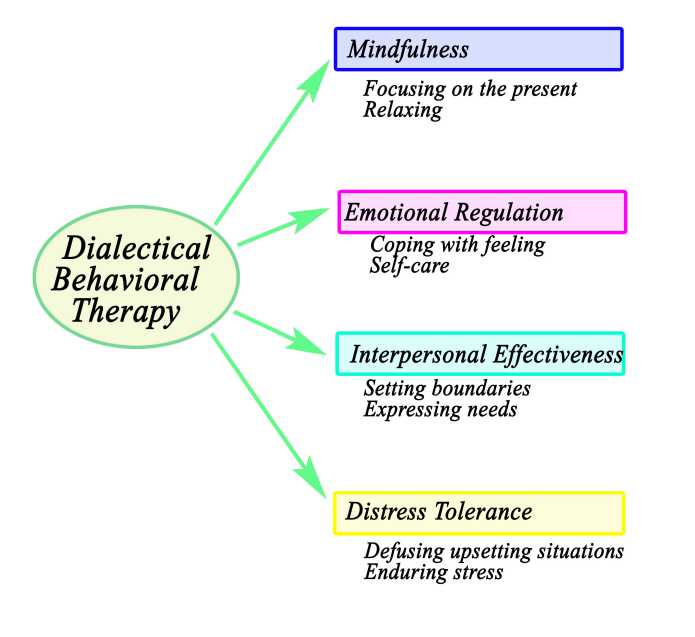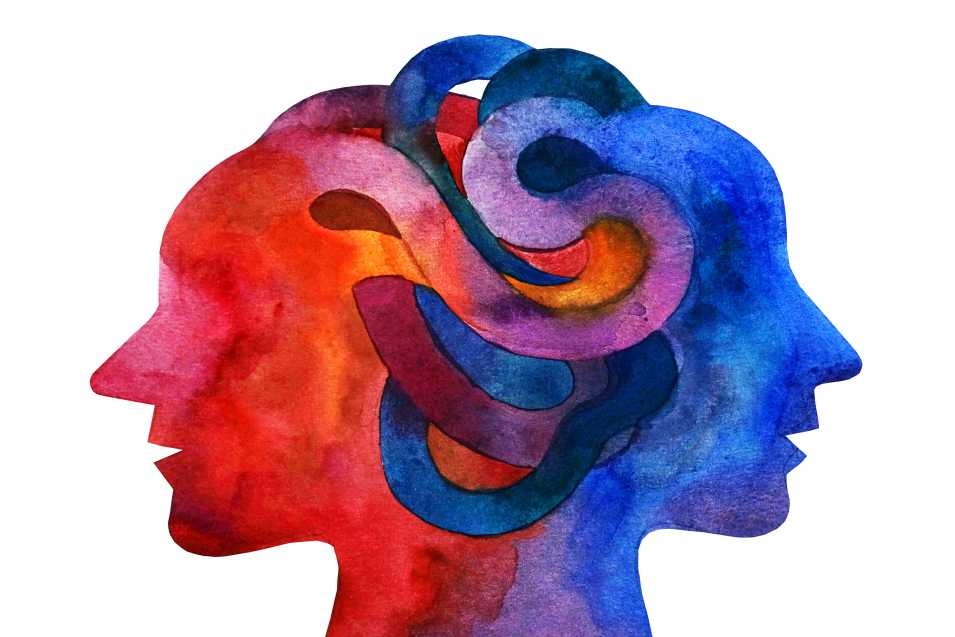Dialectical Behavior Therapy (DBT) has gained popularity in the mental health community for its unique approach to addressing emotions and behaviors. As with any therapeutic technique, DBT comes with its own set of advantages and challenges. In this blog post, we will explore the various aspects of DBT, including its benefits, drawbacks, and effectiveness. We will also discuss the challenges in implementing DBT and offer recommendations for improvement.
Whether you are a mental health professional considering implementing DBT in your practice or someone seeking therapy, understanding the pros and cons of DBT can help you make an informed decision. Let’s delve into the world of DBT and explore the possibilities it offers for emotional well-being.
Benefits And Challenges of DBT
Dialectical Behavior Therapy (DBT) has gained popularity in recent years as an effective treatment for various mental health issues. It has been proven to be especially effective for individuals struggling with borderline personality disorder, depression, and substance abuse. DBT focuses on teaching individuals specific skills to cope with stress, regulate emotions, and improve relationships. This targeted approach has shown to be successful in helping individuals manage their symptoms and improve their overall quality of life.
One of the major benefits of DBT is its focus on mindfulness and acceptance. By learning these skills, individuals are better equipped to handle difficult emotions and situations without resorting to harmful or self-destructive behaviors. This can lead to a significant reduction in symptoms and an overall improvement in mental well-being.

However, there are also challenges in the implementation of DBT. It requires a significant time commitment, as individuals are expected to attend weekly individual therapy sessions, group skills training, and phone coaching. This can be difficult for some individuals to maintain, especially if they have other responsibilities such as work or family obligations.
Another drawback of DBT is the cost. It can be expensive, and not all insurance plans cover the full cost of treatment. This can make it inaccessible to some individuals who could benefit from it.
Overall, the effectiveness of DBT in treating various mental health issues cannot be denied. While there are certainly challenges and drawbacks to consider, the positive impact it can have on individuals’ lives is significant. With the right support and resources, DBT can be a powerful tool for improving mental well-being.
Related Article: DBT Skills Group
Pros and Cons DBT
Dialectical behavior therapy (DBT) has become a widely used treatment for individuals with various mental health disorders, offering both advantages and disadvantages for patients and practitioners alike. One of the primary benefits of DBT is its focus on teaching individuals to regulate their emotions and develop healthier coping mechanisms. This can be especially helpful for individuals with borderline personality disorder or other conditions characterized by emotional dysregulation.
On the other hand, one of the challenges in implementing DBT is the intensive nature of the treatment, which typically involves individual therapy, skills training, phone coaching, and team consultation. This can be difficult to sustain over a long period of time, especially for patients with limited resources or support systems.
While DBT has shown to be effective in reducing self-harm and suicide attempts, there are also drawbacks to consider. For example, the skills taught in DBT may not work for everyone, and some individuals may struggle to apply the techniques in real-life situations. Additionally, DBT is not a quick fix and requires consistent effort and dedication from both patients and therapists.
Despite its challenges, research has demonstrated the effectiveness of DBT in improving overall functioning and reducing symptoms for individuals with borderline personality disorder and other mental health conditions. It has also been adapted for use with other populations, such as individuals struggling with substance abuse or eating disorders.
When weighing the pros and cons of DBT, it is important to consider that no treatment is perfect and what works for one individual may not work for another. While DBT has its limitations, it continues to be a valuable option for individuals seeking to improve their emotional well-being and daily functioning.
Recommendations For DBT Improvement
When it comes to Dialectical Behavior Therapy (DBT), there are several potential benefits and drawbacks that need to be considered. While DBT has been shown to be effective in treating various mental health conditions, there are also challenges in its implementation that can impact its overall success. Despite its effectiveness, there are recommendations for improvement that could further enhance the impact of DBT on individuals undergoing treatment.
One recommendation for improving DBT is to increase access to trained professionals who can deliver the therapy. Many individuals in need of DBT may struggle to find a qualified therapist in their area, leading to delays in receiving treatment or forgoing it altogether. By expanding training programs and increasing the number of professionals who are proficient in DBT, more individuals will be able to benefit from this therapy.
Another recommendation is to enhance the integration of DBT into existing mental health treatment programs. While DBT has been proven to be effective on its own, it can also be beneficial when used in conjunction with other therapies. Integrating DBT into existing treatment programs can provide a more comprehensive approach to addressing mental health issues and improve overall outcomes for patients.
Additionally, there is a need for continued research and development in the field of DBT. As with any therapy, there is always room for improvement and refinement. Investing in research to further understand the mechanisms of DBT and its impact on different populations can lead to advancements in treatment methods and better outcomes for individuals undergoing therapy.
Furthermore, there is a need for ongoing training and support for professionals who deliver DBT. Continued education and resources can help therapists stay up-to-date on the latest developments in DBT and provide high-quality, effective treatment for their clients. By ensuring that professionals are well-equipped to deliver DBT, the overall quality of care can be improved.
| Recommendations for Improvement | Pros | Cons |
|---|---|---|
| Increased access to trained professionals | Provides more individuals with access to DBT | May be challenging to expand training programs |
| Integration of DBT into existing treatment programs | Comprehensive approach to addressing mental health issues | May require significant changes to existing programs |
| Research and development in the field of DBT | Leads to advancements in treatment methods | Requires ongoing funding and resources |
| Ongoing training and support for professionals | Ensures high-quality, effective treatment | Investment of time and resources |
Frequently Asked Questions
What are the pros and Cons of DBT?
Some pros of DBT include its effectiveness in treating conditions such as borderline personality disorder, its focus on teaching practical skills, and its emphasis on both acceptance and change.
Some cons of DBT include the time and commitment required for treatment, the potential for challenging and intense therapy sessions, and the lack of accessibility in some areas.
Is DBT only for certain mental health conditions?
While DBT is commonly used to treat conditions like borderline personality disorder, it can also be beneficial for individuals struggling with mood disorders, substance abuse, eating disorders, and more.
How long does it typically take to complete a DBT program?
A standard DBT program can last for about 6 months to a year, but the duration can vary depending on individual needs and progress.
Are there any alternatives to DBT?
Yes, there are other types of therapy such as Cognitive Behavioral Therapy (CBT), Acceptance and Commitment Therapy (ACT), and Mindfulness-Based Cognitive Therapy (MBCT) that may also be beneficial for certain individuals.
Is DBT covered by insurance?
While coverage can vary depending on the insurance provider and specific plan, many insurance companies do cover at least a portion of DBT treatment for diagnosed mental health conditions.
